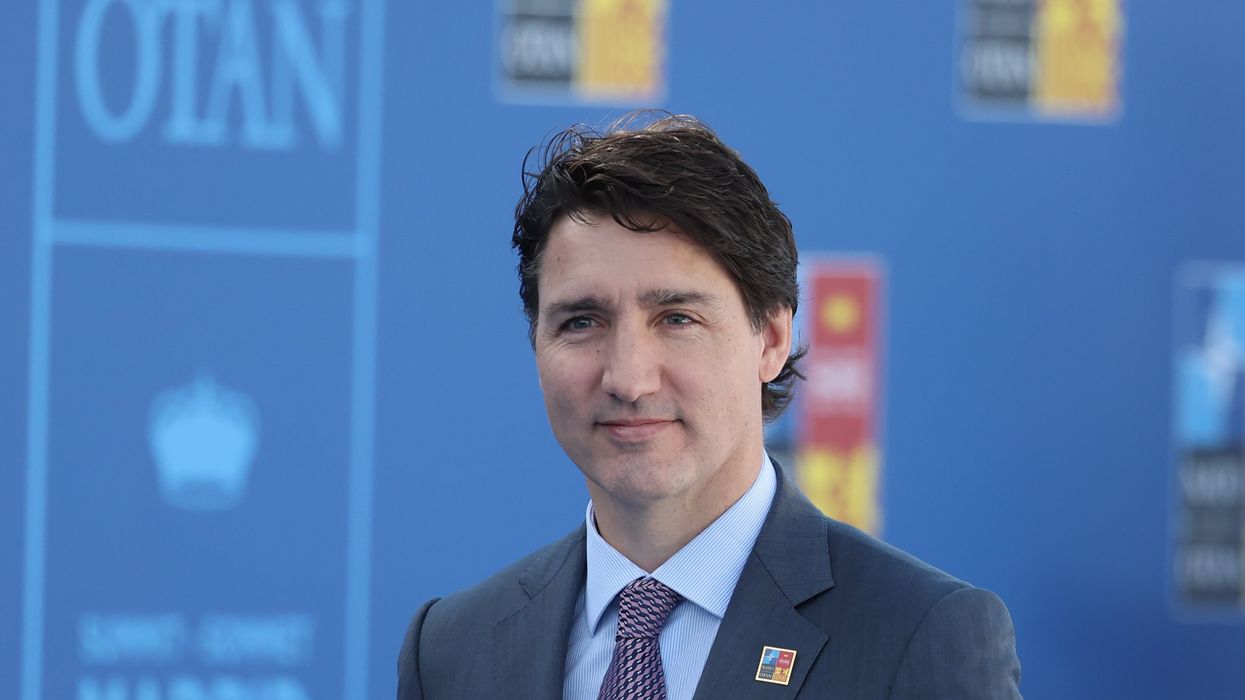GZERO North
NATO goes all-in on Ukraine, Canada gets a slap on the wrist
At the NATO meeting in Washington this week, President Joe Biden announced a new air defense commitment for Ukraine that Ukrainian President Volodymyr Zelensky, who is also in town, has long wanted.
Jul 11, 2024

